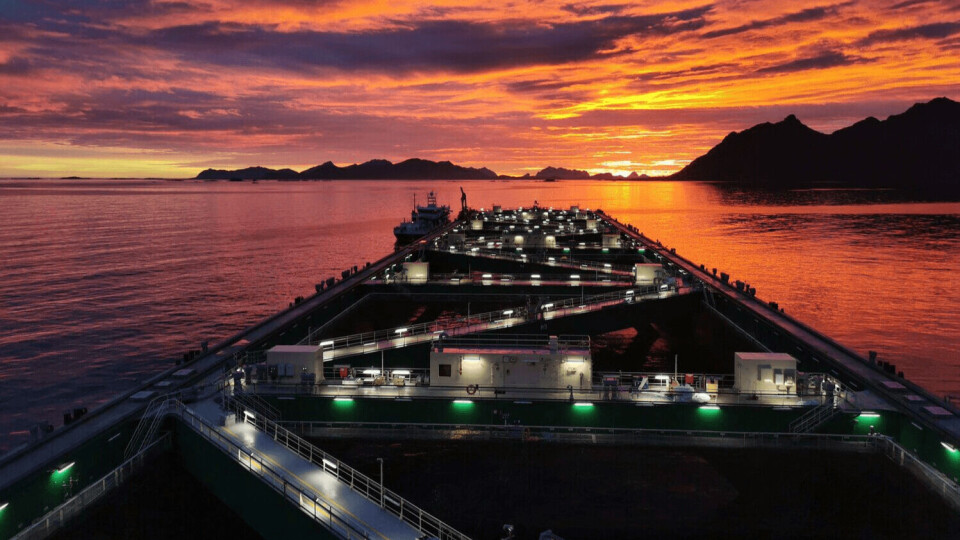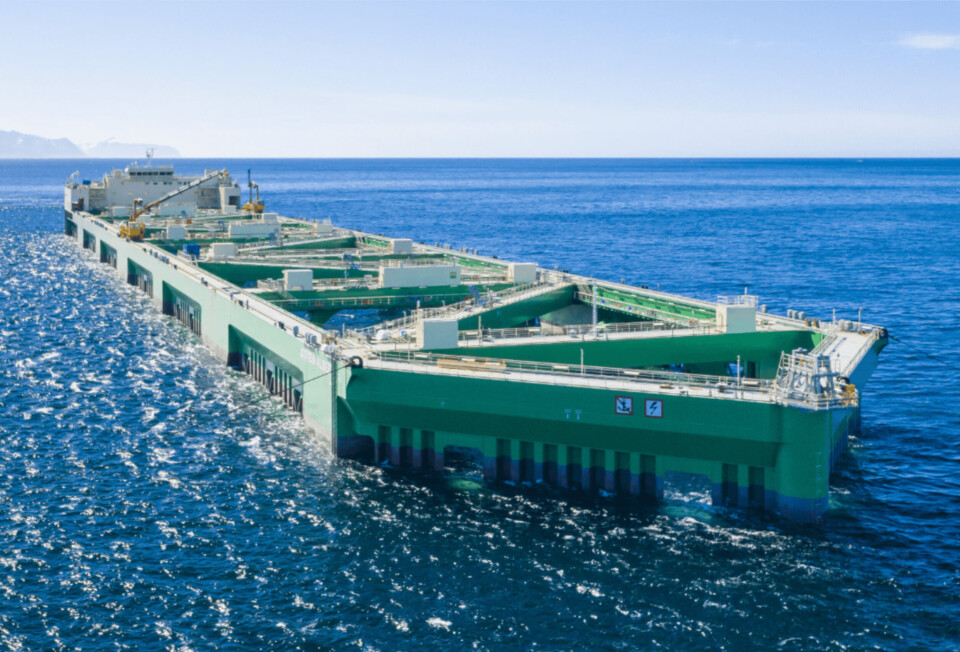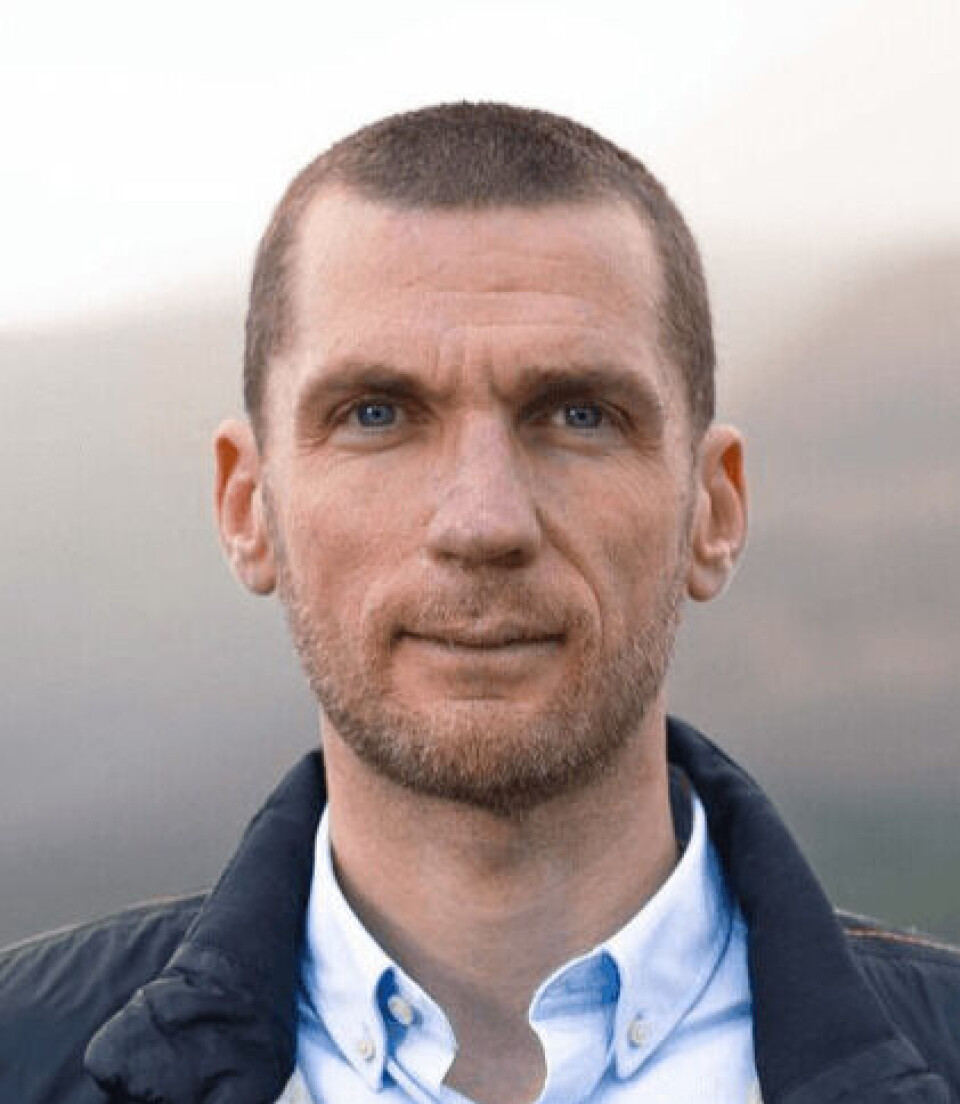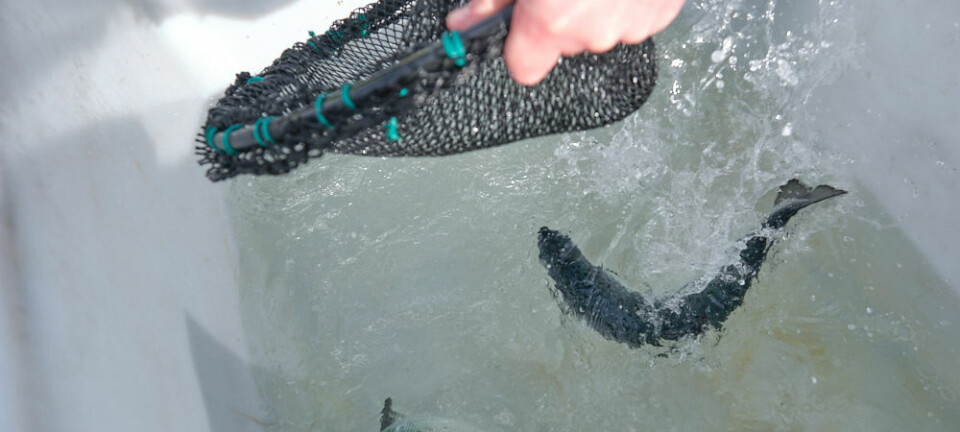
Nordlaks wins bid to convert permits worth £220m
Norwegian salmon farmer Nordlaks has had the 13 temporary development permits it holds for its giant Havfarm converted into permanent ordinary licences on appeal, after previously having an application to do so refused last June.
The permits equate to more than 10,000 tonnes of maximum permitted biomass and are reported to have a market value of around £220 million.
The decision means Nordlaks is now free to either continue using the licences to operate the Havfarm, or to use them in general production, although there are other steps it must take if it chooses the second option.

Processing layoffs
Before the permits can be used as commercial permits, Nordlaks must apply to the Norwegian Directorate of Fisheries for placement in one or more production areas. When the Directorate of Fisheries has made a placement, the company can apply for clearance with the relevant county municipality or municipalities.
The Directorate’s initial decision to refuse conversion of the development permits has had a negative impact for some workers. Earlier this month Nordlaks’ subsidiary, Nordlaks Produkter AS, laid off some employees at its filleting factory from March 11-27 and some at its slaughterhouse from March 14-27 due to a lack of fish for processing.
Layoffs at the facilities in Børøya in Vesterålen happen most years due to a lack of fish in the winter, but Nordlaks had hoped to even out its supply by utilising some Havfarm licences to produce fish in ordinary net pen farms while the Havfarm was empty. This was prevented when its initial application to convert the development permits was refused.

Smaller fish
Speaking before the appeal decision was announced, Nordlaks Produkter operation director Tomas Tømmerås said: “What makes the situation this year special are the consequences of the conversion case. We will know more about the raw material situation in the spring after we know the outcome of the conversion application.
“We hope that we can replenish raw materials from other fish farming companies so that we can have continuous operation in Nordlaks Produkter after this shutdown.”
The rejection of the conversion application made it necessary for Nordlaks to slaughter small fish during the winter. These were fish that were planned to grow further using the converted permits, and which would thus form the basis for activity in Nordlaks Produkter throughout the spring.
Development permits were a temporary scheme with special permits that could be awarded to projects that involve significant innovation and significant investments. The purpose was to facilitate the development of technology that can contribute to solving one or more of the environmental and area challenges that the Norwegian aquaculture industry faces.























































